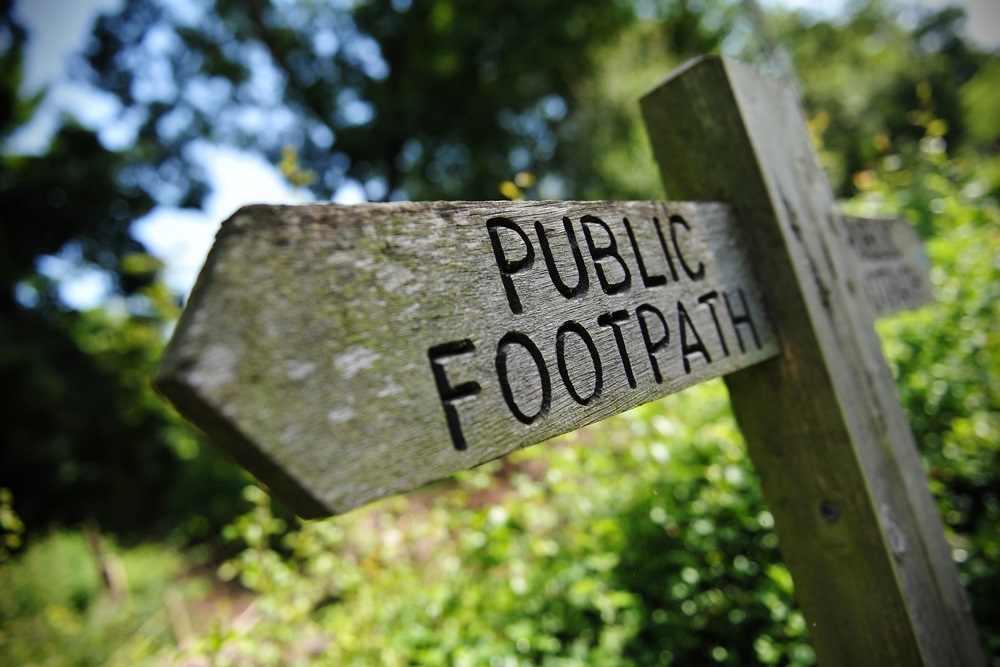What’s the deal if you own a property which has a public footpath running through the land? Stuart Grace, a specialist lawyer, answers a reader’s question about public liability
 The Question
The Question
I have a public footpath passing through my land and we get a lot of people using it as a cut through.
When the weather is bad it gets very muddy and becomes very slippery. My question is am I liable if anyone slips or falls?
Stuart’s Answer
A public footpath may be maintainable by you but more likely at public expense. You should check with the Local Authority what their view over this issue is and respond accordingly.
If the footpath is not recorded on the definitive map of the local authority attempts at securing this record should be made to ensure maintenance at public expense.
The process for establishing this is not always straightforward but the onus of proof that it is your responsibility is placed with the Local Authority.
In the event the responsibility for maintenance falls to you, the pathway, and access to it, must be kept in safe condition and fit for purpose for the type of traffic which would ordinarily be expected.
This follows the same burden upon the Local Authority. A duty of care will be owed to the users of the path to ensure that they are able to use the path safely. You are required to act reasonably in this regard. You are not expected to do more.
A footpath in the countryside will inevitably become wet and slippery under foot. It is incumbent upon users to ensure they take their own care. Provided no unseen obstacles are present that you should reasonably be aware of your liability for slips and falls will be limited.
You should undertake regular reviews of the footpath, however, to ensure there are no hazards in order to avoid claims being made.
Prudence would dictate acquiring public liability insurance to cover any unfortunate incidents where a claim is presented.
 Stuart Grace is a dispute resolution lawyer for Parfitt Cresswell
Stuart Grace is a dispute resolution lawyer for Parfitt Cresswell
Stuart is a seasoned solicitor with 30+ years’ experience. He works in Sussex and specialises in litigation.
As well as navigating real estate intricacies, contractual disputes, and a spectrum of legal realms Stuart is well-versed in court proceedings and alternative dispute resolution














